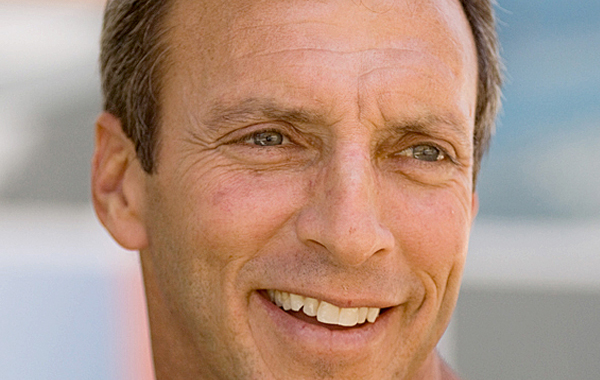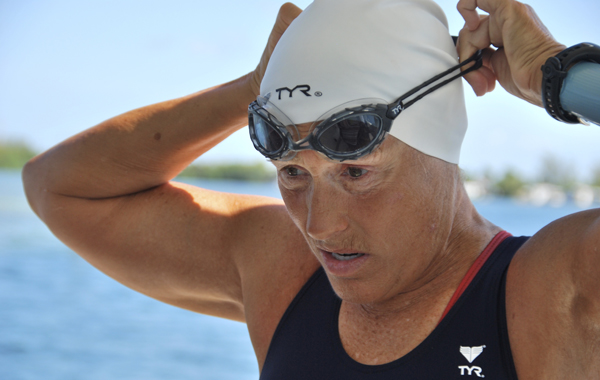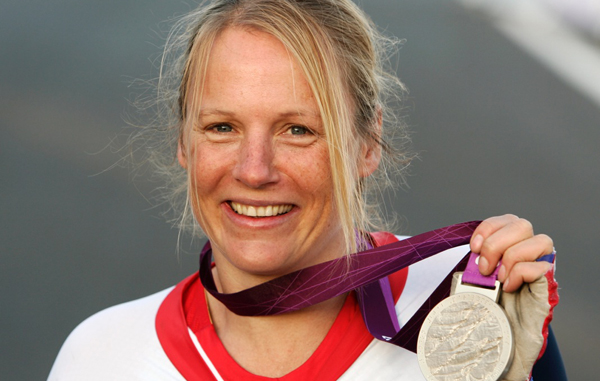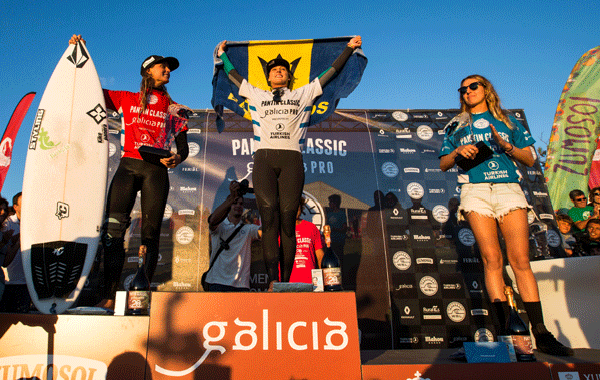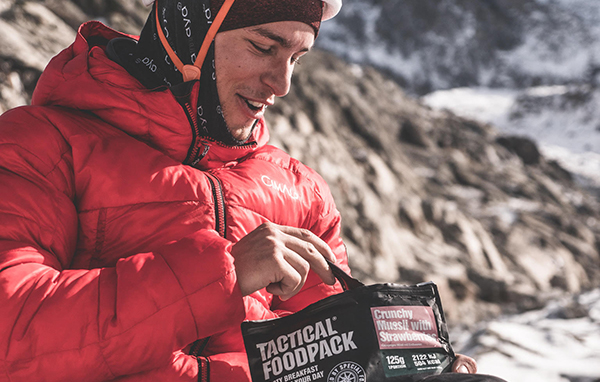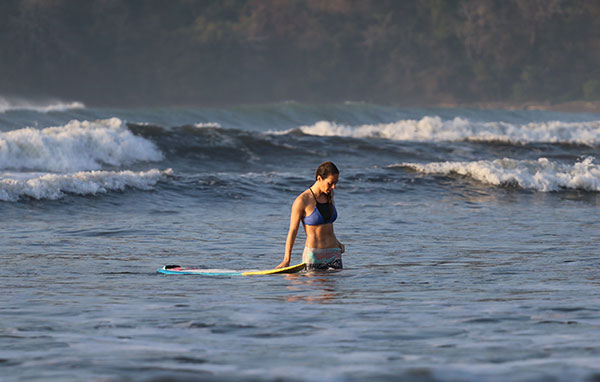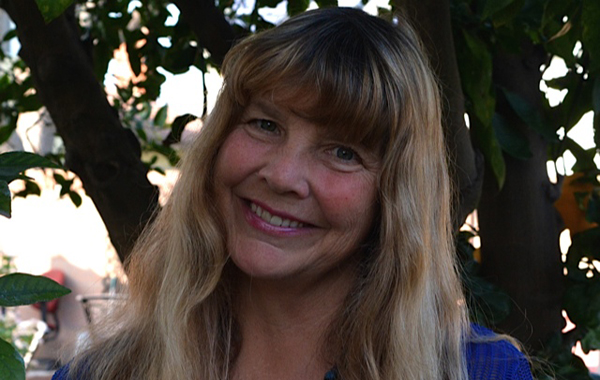
photo Kathleen Fessenden
HAVING parents that valued the importance of swimming enabled Lynne Cox to fully explore and enjoy the benefits of being in water from a young age. Her early achievements include swimming the English Channel at the age of 15 when she became the fastest and youngest person to do so.
It was nearly 15 years later that Lynne hit the headlines for what became known as an extremely symbolic political event. She swam across the Bering Strait as a way to open the US-Soviet Union border for the first time in 48 years. Soon after she was mentioned in a speech by President Gorbachev and named in a toast between him President Reagan.
Read on to find out Lynne’s take on that swim and how she tries to pass on her positivity to others by motivational speaking as well as through her books.
When did your love for swimming begin and who and what were any early influences?
My parents started teaching me to swim in our bathtub in New Hampshire when I was less than one year old, and by the time I was five years old, they launched me in Snow Pond, in Oakland, Maine. One of my parents would tell me to take a big breath, push me through the water so I would glide across the surface into my other parent’s arms.
I loved doing this with them, and it was magic to float in the water. My parents made being in the water fun and enjoyable, and they deeply cared about me. They wanted me to be safe, and wanted to make sure that I was a good swimmer. They believed that swimming was one of life’s most important survival lessons.
What were some of your early accomplishments in swimming and how did it feel to start getting recognised for your accomplishments?
When I started age group swimming, most of the events were sprints or mid distances – there weren’t any mile races for girls. I was not a sprinter or a mid-distance swimmer, so I didn’t do very well until I began swimming for Don Gambril, who was an Olympic swimming coach.
At age 15, I became the fastest and the youngest person to swim across the English Channel. It was very exciting. I received fan mail from all over the world, including beautiful post cards from Poland, England and Germany, and a marriage proposal from Borneo. There was worldwide media coverage with television, radio and newspaper coverage. It was exciting to do interviews with the BBC, German television, Italian and American television, and to receive notes of congratulations from my teammates.
Could you tell us about your swim from Alaska to the Soviet Union and how did it feel to be mentioned in Gorbachev’s speech?
My swim across the Bering Strait from the US – Alaska to the Soviet Union – to Siberia was one of the biggest goals of my life. The swim was meant to open the US/Soviet border for the first time in 48 years, and to promote peace and glasnost between the US and Soviet Union. I spent 11 years working daily on obtaining permission and support for the swim, and finally President Gorbachev gave his approval.
After the border between the US and Soviet Union was opened, and the swim was completed, it was thrilling to watch President Gorbachev and President Reagan on television toast my swim across the Bering Strait and then sign the INF missile treaty at the White House. President Gorbachev noted that the swim helped to bring the US and Soviet Union closer together.
What can readers expect from your books and which one did you enjoy writing the most?
My readers tend to be bright, educated people with positive attitudes that range in age from five to 85 years old. They expect my books to contain exciting stories, stories that enable them to see how to approach big obstacles, and achieve great goals. They can expect to be drawn into the stories, to engage their imagination, and to be inspired to do the things they dream of achieving.
It’s difficult to say which book I enjoyed writing the most. The books are all so different. Swimming To Antarctica was a New York Times best seller, and is about swimming some of the major bodies of water in the world and teaming up with local people to gain insights into their lives, and countries and accomplish the swims.
Grayson is my second New York Times best seller and won the American LIbrary’s Alex Award. Grayson is a true story about a baby lost gray whale that lost his mother somewhere off the California Coast. He swam over to me, and we searched for hours for his mother.
South with the Sun is the story of Roald Amundsen’s quest to become the first man to reach the South Pole, and all the training and planning he did to beat Shackleton and Scott to the South Pole. It’s a story of incredible endurance, perseverance, and team work.
My Open Water Swimming Manual is a book created for all levels of swimmers and triathletes that are interested in swimming in oceans, lakes and rivers. The book includes insights and pointers from the US Navy SEALs.
And my most recent book is Elizabeth Queen of the Seas, and It is my first children’s book. It is a true story about an elephant seal that was named for the Queen of England. She lived in Christchurch, New Zealand, and became one of the important members of the community. A conflict occurred when Elizabeth decided to sleep on the city streets and nearly caused a car accident. The people in community figured out how to accommodate Elizabeth and keep her in the city. This book has received many awards including Maryland’s Black Eyed Susan Award and a Bank Street College of Education Best Book of the Year.
Each book was both difficult and enjoyable to write, and something that allowed me to express my thoughts in a new way. I am currently working on my sixth book, and it is the most challenging book I’ve written.
What have been some of your most recent challenges in swimming?
My swimming is not challenging right now. I am enjoying just being in the water, having new experiences, swimming in places I’ve never swam before like small ponds in Hawaii below tall Mango trees. It’s exciting to do something new and different, and enjoy the water wherever I am.
What are your words of advice for anyone who has been inspired by what you have achieved in life?
You have to do what you believe is important in life. Dream Big. Believe in yourself and listen to your heart. Some people will doubt your ability. Some people won’t understand what you want to do, but this is your journey, and through it you will become stronger, more confident, focused, and aware, and with your relentless resolve and mental flexibility, there is a great chance that you will achieve what you set out to do. There are few things as satisfying or inspiring as this.
Are you currently working on any new projects and do you have any challenges planned for the future?
In addition to being an author, I am a motivational/inspirational speaker and each speech is a new project. My goals are to make my talks fascinating, fun, funny, and informative, and inspire the people in the audience to strive toward and achieve the things they want to achieve. My goal is also to help them realise their dreams.

